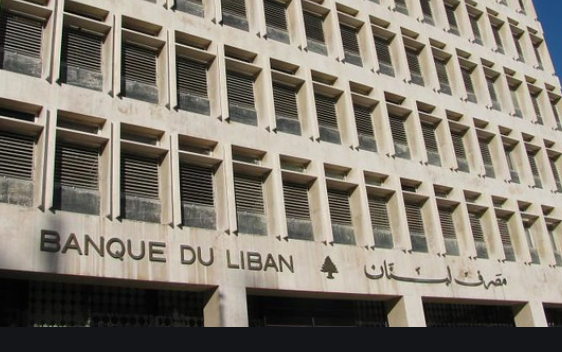UPDATE 1-Lebanon central bank seeks extra powers, wants controls standardised

- Country:
- Lebanon
Lebanon's central bank is seeking extra powers to regulate and standardize controls which commercial banks are imposing on depositors, the governor said on Sunday, saying his intention was to ensure "fair relationships" between banks and customers.
Seeking to prevent capital flight, commercial banks have been tightly controlling access to deposits and blocking most transfers abroad since October, when anti-government protests brought a long-brewing Lebanese economic crisis to a head. The Lebanese authorities have not, however, introduced formal capital controls regulating these measures.
Central bank governor Riad Salameh, in a text message to Reuters, confirmed sending a letter to Lebanon's finance minister on Jan. 9 seeking "exceptional powers necessary to issue regulations pertaining" to conditions in the sector. He said no new measures were planned.
The letter, reported by Lebanese media late on Saturday, said the measures imposed by commercial banks needed to be regulated and unified "with the aim of implementing them fairly and equally on all depositors and clients". Lebanon's caretaker government has not issued any statement on Salameh's request, which was set out in a letter to caretaker Finance Minister Ali Hassan Khalil.
In the letter, Salameh said implementation of the controls by commercial banks had "on several occasions led to prejudicing the rights of some clients, particularly with respect to the unequal approach with other clients". He urged Khalil to work with the government "to take appropriate legal measures ... to entrust (the central bank)" with the necessary extra powers.
In justifying this, he cited the need to "secure the public good, to protect banking and monetary stability ... and to protect the legitimate interests of depositors and clients". Reflecting a hard currency shortage, commercial banks have gradually reduced the amount of dollars customers can withdraw since October. For most, the cap is now a few hundred dollars a week.
Lebanon is facing the worst economic crisis since its 1975-90 civil war, rooted in decades of state corruption and bad governance that have landed the country with one of the world's heaviest public debt burdens.
(This story has not been edited by Devdiscourse staff and is auto-generated from a syndicated feed.)
- READ MORE ON:
- Lebanon
- Riad Salameh
- Ali Hassan Khalil










